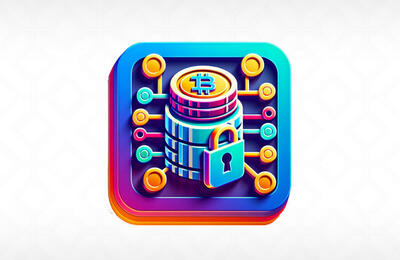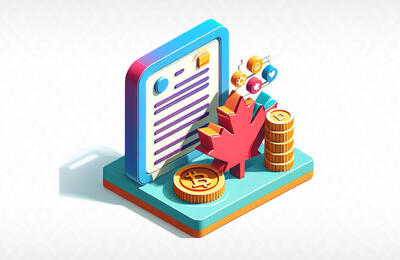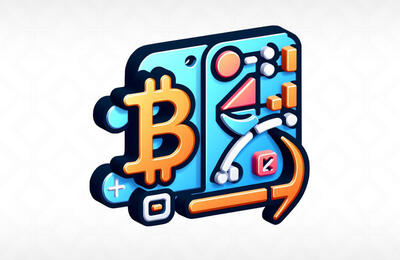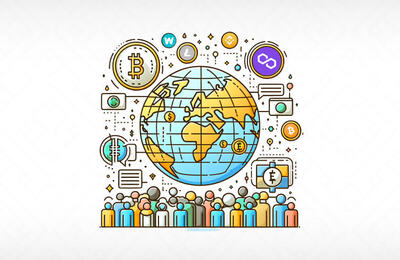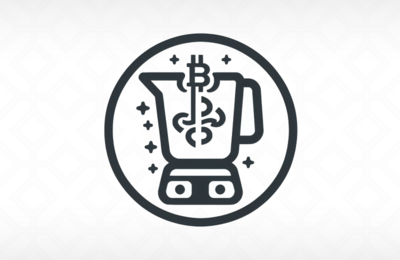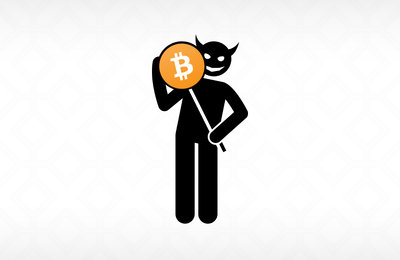
Introduction
The world is going through its worst economic crisis since the Great Depression of 1929-33. Financial experts warn that it measures are not taken, the crisis will far exceed the F=Great Depression. The Coronavirus Pandemic is hot one of the Earth’s biggest Health Emergencies; it is also the biggest Financial and Economic Emergencies.
The country, which is most affected according to data and estimates, is the United States of America. The global political, economic and military superpower has been reeling under the adverse effects of the Coronavirus. The country is unfortunately experiencing the highest number of positive cases and mortality rates because of COVID 19.
In this article, we will look into why the Coronavirus turmoil has forced policy makers from both the Houses of the US Congress to voice their concerns on the need for a ‘Digital Dollar’.
What is the ‘Digital Dollar’ and why is there a need for it immediately?
As of 8 May 2020, as many as 33 Million Americans had filed for Unemployment Benefits. Even though the government has announced a massive stimulus package of $2 Trillion, the question remains- how is it going to be distributed to the people most affected by the crisis?
This problem has given rise to a situation where the need of the hour is to get money into the hands of the affected immediately. However, during a crisis, the paperwork, the banking sector, and other support systems are unable to handle such a huge load of applicants.
It is a Catch-22 situation, where if you are stepping out to do all the paperwork, you stand the risk of contracting Coronavirus; if you stay indoors to avoid the infection, you might die hungry. This is why many policy makers are advocating on the need for a digital dollar.
Many are arguing that a digital dollar issues by the Federal Reserve could directly be linked to the phone or the affected and work on the lines of codes and encryption. This will help the government to top it up month after month and maintain a robust database.
Pros and Cons of a Central Bank Digital Currency (CBDCs)
A digital currency provided by the central bank can be a green light to the financial inclusion of millions of people who are outside the formal banking sector. It could also lead to faster implementations of financial policies and an improved transaction network.
It could also help central banks and governments to help keep surveillance on how the digital currency is being used. For example, issues of terrorism, money laundering and corruption can be addressed.
However, when it comes to the cons, the major opposition would come from the banking sector. A centrally issued digital currency for doing transactions would mean no commission costs for initializing payments and processes. This would be a major drain on the bank’s income opportunities.
In addition, experts also state that issuing CBDCs might lead to higher rates of inflation and bloated balance sheets. The entire costs of setting up the infrastructure, the tech and the innovations, might prove to be too costly a proposition.
Conclusion
As Bitcoin and other crypto continue to rally as the only performing assets, currently in the world, China has already launched its own CBDC- digital Yuan! Many people feel that exchanges and trading platforms have made cryptocurrencies and digital currencies mainstream.
It is high time that we start to utilise the technology to help people better their lives in many ways. On the one hand, Bitcoin trading and investing is making people millionaires, whereas on the other, depending on the country’s legal banking system is making them sleep hungry at night.
If you also wish to part of the cryptocurrency trading boom, please visit bitcoin system login.


